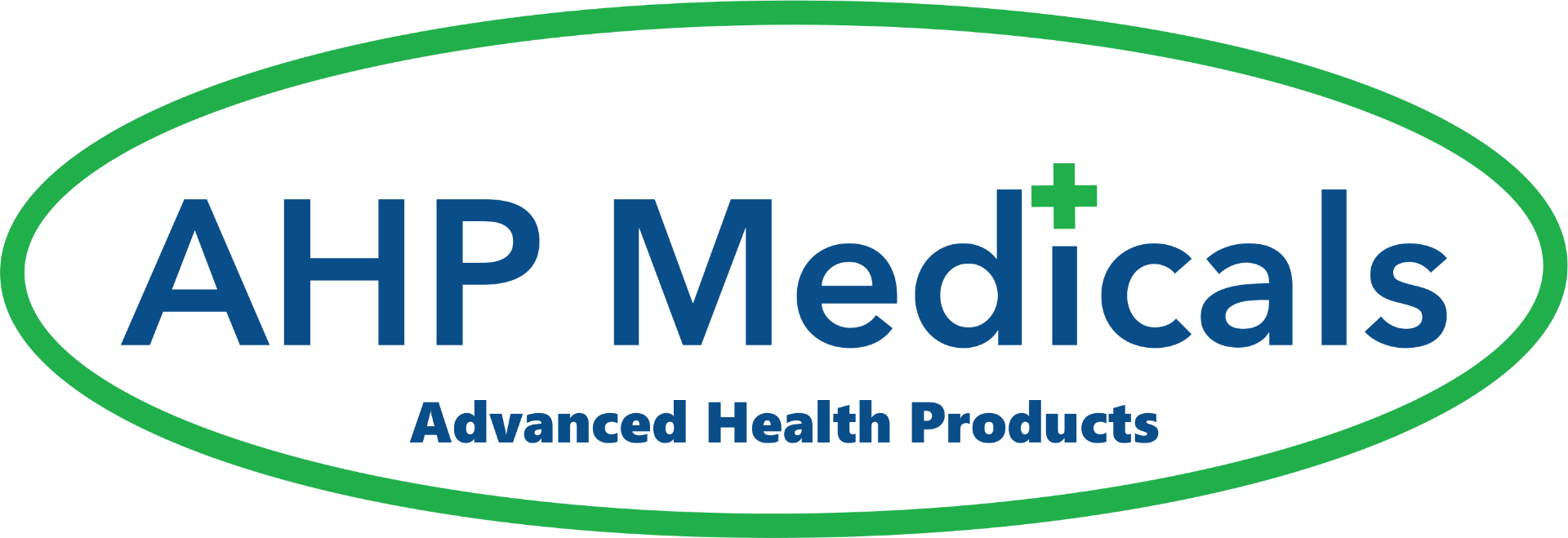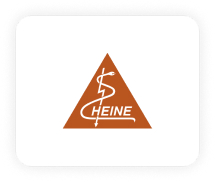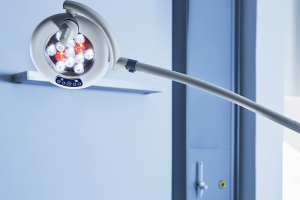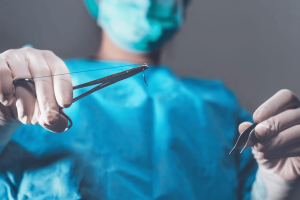The Importance of Regular Maintenance for Medical Equipment

Medical equipment is essential for healthcare professionals to provide accurate diagnosis and treatment to patients. Whether it's a simple thermometer or a complex MRI machine, all medical supplies and equipment must be in good working condition. Regular maintenance is essential to ensure that medical equipment is working properly, and it plays a crucial role in the safe and effective functioning of medical facilities.
5 top reasons why regular maintenance of medical equipment is so important
1. Ensure Accuracy and Reliability
Medical supplies must provide accurate and reliable results to support the medical professionals' decision-making process. Regular maintenance ensures that the equipment is functioning correctly, and any errors are detected and corrected early on. This ensures that the results obtained are accurate and reliable, leading to better diagnosis and treatment of patients.
2. Extend the Equipment's Lifespan
Medical equipment is expensive, and replacing it can be a significant financial burden. Regular maintenance can help extend the lifespan of the equipment, reducing the need for costly replacements. By keeping the equipment in good condition, it can be used for more extended periods without losing efficiency, saving hospitals and clinics money in the long run.
3. Comply with Regulatory Standards:
Regulatory bodies, such as the Food and Drug Administration (FDA), require medical equipment to be maintained regularly to ensure it meets safety standards. Regular maintenance helps to comply with these regulatory standards and ensures that the equipment is functioning as intended. Failure to comply with regulatory standards can lead to fines and even loss of licences, which can have severe consequences for healthcare providers.
4. Reduce the Risk of Malfunction
Medical equipment malfunctions can be life-threatening and can cause significant harm to patients. Regular maintenance can detect potential malfunctions early, reducing the risk of equipment failure during patient treatment. This not only improves patient safety, but also helps healthcare professionals to avoid lawsuits and damage to their reputations. Safety is the top priority in healthcare, and faulty medical equipment can pose a significant safety risk to patients and healthcare providers. Regular maintenance can help detect and address issues before they become safety hazards. For example, an imaging machine malfunction can result in incorrect diagnoses or improper treatments, which can harm patients. Therefore, regular maintenance can prevent such incidents from occurring.
5. Cost-effectiveness
Cost-effectiveness is also essential when it comes to medical equipment. Regular maintenance can help prevent more significant, costlier repairs down the line. It can also extend the life of the equipment, reducing the need for replacement. Equipment replacement is a significant expense, so extending the life of the equipment can save healthcare facilities a significant amount of money.
In conclusion, regular maintenance of medical equipment is crucial for ensuring patient safety, compliance with regulatory requirements, performance, cost-effectiveness, and liability protection. Healthcare facilities must make maintenance a priority to avoid equipment failure and ensure the best possible care for their patients.
Shop for the best quality medical supplies in the UK from one of the top-notch medical equipment suppliers, AHP Medicals.
 Offers
Offers

































